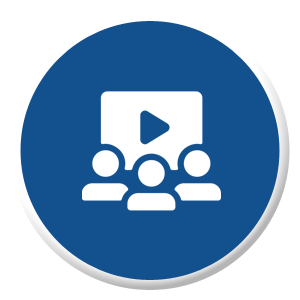Het arrangement 9.2 Travelling - tto123 is gemaakt met Wikiwijs van Kennisnet. Wikiwijs is hét onderwijsplatform waar je leermiddelen zoekt, maakt en deelt.
- Auteur
- Laatst gewijzigd
- 11-05-2025 18:09:01
- Licentie
-
Dit lesmateriaal is gepubliceerd onder de Creative Commons Naamsvermelding-GelijkDelen 4.0 Internationale licentie. Dit houdt in dat je onder de voorwaarde van naamsvermelding en publicatie onder dezelfde licentie vrij bent om:
- het werk te delen - te kopiëren, te verspreiden en door te geven via elk medium of bestandsformaat
- het werk te bewerken - te remixen, te veranderen en afgeleide werken te maken
- voor alle doeleinden, inclusief commerciële doeleinden.
Meer informatie over de CC Naamsvermelding-GelijkDelen 4.0 Internationale licentie.
Aanvullende informatie over dit lesmateriaal
Van dit lesmateriaal is de volgende aanvullende informatie beschikbaar:
- Toelichting
- Deze les valt onder de arrangeerbare leerlijn van de Stercollectie voor Engels voor tweetalig onderwijs, leerjaar 1, 2 en 3. Dit is thema 9 'Summer holiday'. Het onderwerp van deze les is: Travelling. In deze les staat reizen centraal. Er wordt besproken wat voor soort reizen er zijn en welke transportmiddelen je kan gebruiken. Ook wordt wordt een reisorganisatie besproken. In de grammatica komt past simple aan bod.
- Leerniveau
- VWO 2; HAVO 1; VWO 1; HAVO 3; VWO 3; HAVO 2;
- Leerinhoud en doelen
- Engels;
- Eindgebruiker
- leerling/student
- Moeilijkheidsgraad
- gemiddeld
- Studiebelasting
- 1 uur 40 minuten
- Trefwoorden
- arrangeerbaar, engels, reisorganisatie, reizen, stercollectie, transportmiddelen, travelling, tto123
Gebruikte Wikiwijs Arrangementen
VO-content Engels. (2020).
1.1 Introducing yourself - tto123
https://maken.wikiwijs.nl/169502/1_1_Introducing_yourself___tto123
VO-content Engels. (2023).
9.2 Travelling - hv12

 The subject of this period is travelling.
The subject of this period is travelling.

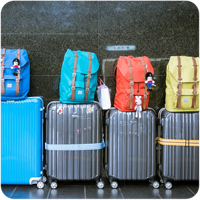 Computer says no
Computer says no
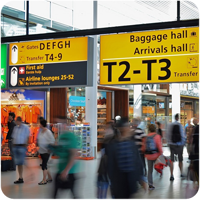 Modes of transport
Modes of transport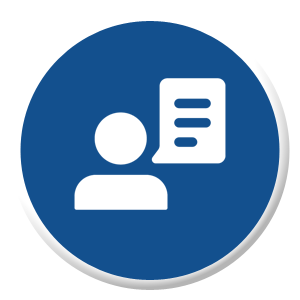 Study the vocabulary. (10 minutes)
Study the vocabulary. (10 minutes)
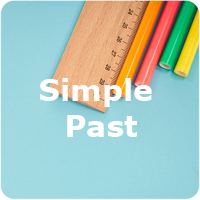 Have a look at the following Knowledge base:
Have a look at the following Knowledge base:
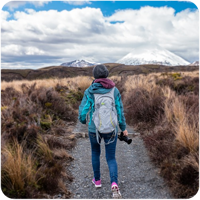 A debate about modes of transport
A debate about modes of transport An essay about modes of transport
An essay about modes of transport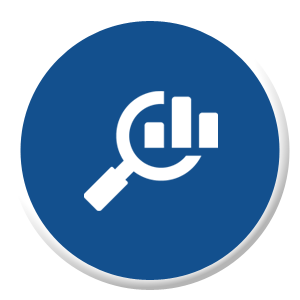 What have you learnt in this period?
What have you learnt in this period?